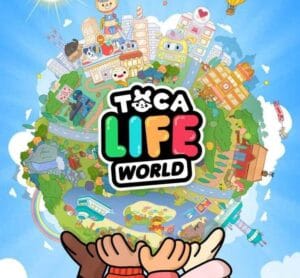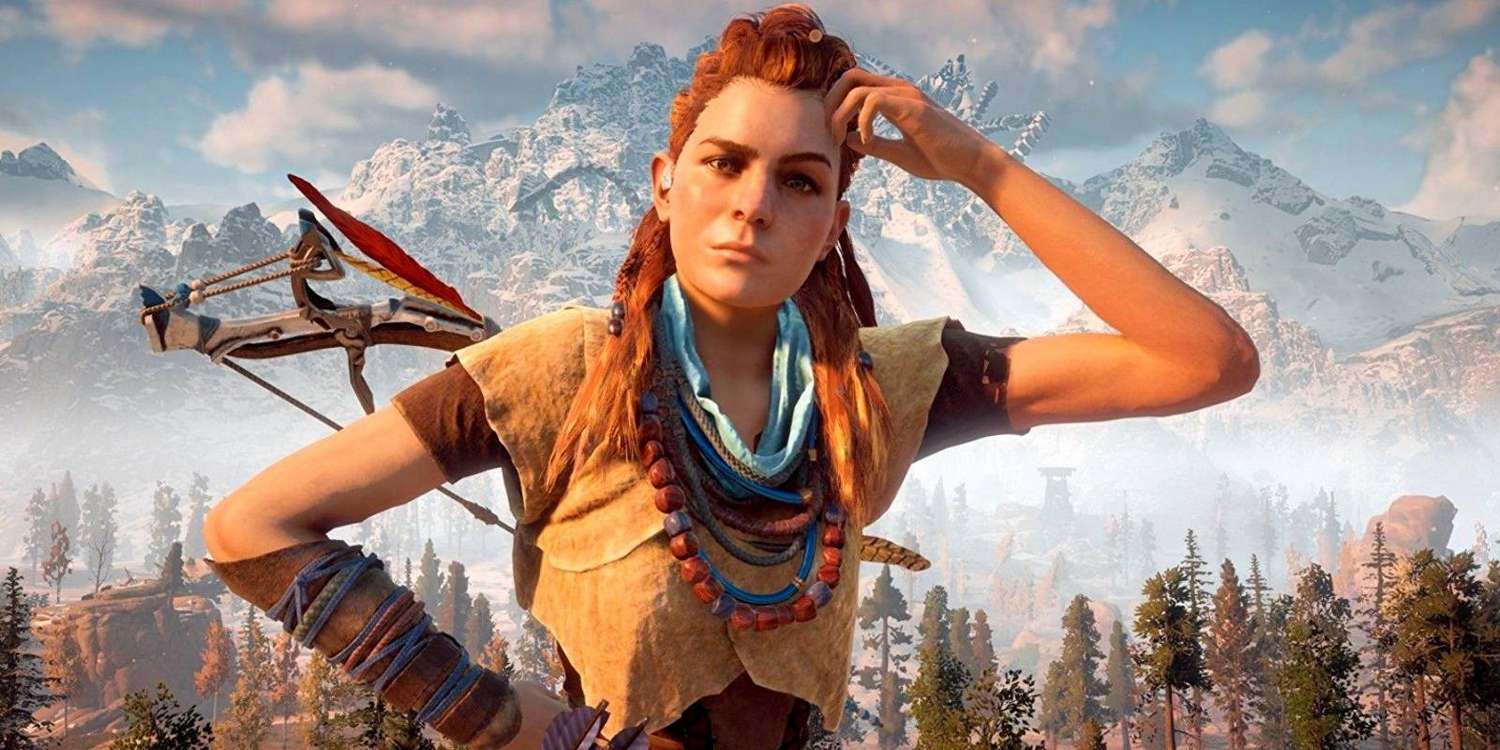
The ongoing legal clash between Sony Interactive Entertainment (SIE) and Chinese technology giant Tencent has escalated significantly. In a major development, Sony has filed a motion for a preliminary injunction against Tencent in the U.S. District Court for the Northern District of California, seeking to immediately halt pre-release promotions and the eventual use of elements from Tencent’s upcoming open-world survival game, Light of Motiram. Sony claims the title is a “slavish clone” of its highly successful PlayStation franchise, Horizon Zero Dawn and Horizon Forbidden West.
This move comes after months of legal wrangling that began with Sony’s initial copyright and trademark infringement lawsuit filed in July. Sony is pressing the court to bar Tencent from using key intellectual property (IP) elements, arguing that the continued promotion of Light of Motiram constitutes irreparable harm to the established Horizon brand and risks causing widespread consumer confusion in the competitive global gaming market.
The Allegations: A Red-Haired Huntress and Robotic Wildlife
The core of Sony’s lawsuit focuses on numerous, what it describes as “egregious,” similarities between the two titles. The motion specifically targets several protected elements:
- The Protagonist: Sony seeks to prohibit the use of a “fierce tribal warrior huntress characterized by fiery red hair,” arguing the character is an unmistakable copy of Aloy, the globally recognized lead of the Horizon games and a central PlayStation icon.
- Visual and Narrative Elements: The injunction attempts to block the use of visuals, storyline beats, and world-building elements highly consistent with the post-apocalyptic, machine-dominated world of Horizon.
- Musical Composition: Concerns also extend to the game’s audio, with Sony alleging that a melody used in a Light of Motiram trailer is too similar to two tracks from the Horizon Zero Dawn Original Soundtrack, including the main theme.
Sony’s court filings reference numerous reports from the media and comments from the gamer community online, where players have overwhelmingly identified Light of Motiram as a blatant “rip-off” and “copycat” of Horizon. This public perception, Sony argues, demonstrates that the damage to their intellectual property is already “done” and continues to accrue.
 Tencent’s Defense: ‘Time-Honored Tropes’ and Delayed Release
Tencent’s Defense: ‘Time-Honored Tropes’ and Delayed Release
In its own motion to dismiss the initial lawsuit, Tencent argued that its game merely utilizes “well-trodden tropes” common in the open-world and survival genres—such as the inclusion of a bow-wielding protagonist or post-apocalyptic settings. Tencent has sought to frame Sony’s legal action as an attempt to gain an “impermissible monopoly on genre conventions.”
Furthermore, following the initial lawsuit, the developers behind Light of Motiram quietly scrubbed numerous controversial screenshots and its cover image from the game’s Steam page. They also delayed the planned release date from late 2025 to Q4 2027. Tencent has used this delay to argue against the urgency of the preliminary injunction, claiming Sony cannot demonstrate the “immediate threatened injury” required for such a mandate, given the game’s distant launch date.
Sony Accuses Tencent of a ‘Shell Game’ to Avoid Liability
Sony has vehemently dismissed Tencent’s response as “nonsense,” claiming the Chinese conglomerate is engaging in a “shell game” by shifting responsibility between its various subsidiaries and developers, Polaris Quest and Aurora Studios, to avoid liability. Sony alleges that the copying was so deliberate that Tencent initially approached SIE in March 2024 seeking a license for a Horizon mobile game, which was ultimately declined. Shortly after the rejection, the development and promotion of the highly similar Light of Motiram began.
Declarations filed with the motion, including sworn statements from high-ranking PlayStation executives, underscore the potential harm to the franchise, especially as Sony moves forward with major expansion plans, including a highly anticipated Horizon Zero Dawn film adaptation slated to begin shooting in 2026.
 What’s Next for the Multi-Million Dollar Legal Battle
What’s Next for the Multi-Million Dollar Legal Battle
A hearing on Sony’s motion for a preliminary injunction is currently scheduled for November 20, 2025, in San Francisco. A decision could be rendered by the court as early as late November or early December. If the injunction is granted, it could force Tencent to pull all current promotional material, immediately cease any development using the alleged infringing IP, and redesign the protagonist and other core elements of Light of Motiram until the full copyright case is resolved.
This case is being closely watched by the entire video game industry as it will set a critical precedent on the limits of drawing “inspiration” versus outright intellectual property infringement in an increasingly global and highly competitive AAA gaming landscape. The ruling will undoubtedly have major ramifications for future game development across continents.










 Warframe
Warframe  Geometry Dash
Geometry Dash  God of War Ragnarök
God of War Ragnarök  Call of Duty
Call of Duty  Roblox
Roblox  Among Us
Among Us  Minecraft
Minecraft  FIFA 23
FIFA 23  Rust
Rust  Free Fire
Free Fire  Tencent’s Defense: ‘Time-Honored Tropes’ and Delayed Release
Tencent’s Defense: ‘Time-Honored Tropes’ and Delayed Release What’s Next for the Multi-Million Dollar Legal Battle
What’s Next for the Multi-Million Dollar Legal Battle